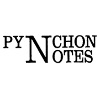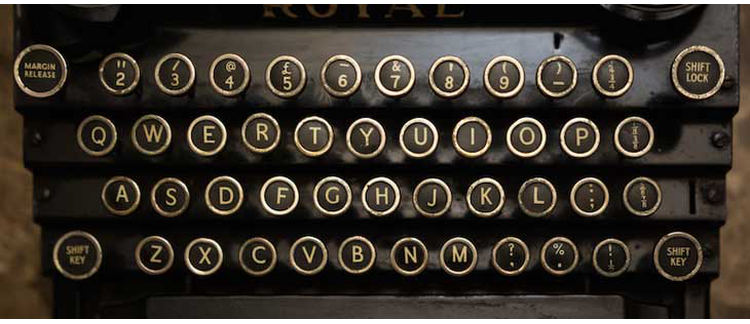Abstract
The last time the Bomb starred as the leading representative of our horror, as the mushroom phantasmagoria of the end, was in the films of the late (1960s-70s) avant-garde. Since then, activists--some historians, some of the arms negotiators, surely--have not forgotten to be afraid, but the rest of the country rather liked its entertainment to be post-apocalyptarian, in the steel dawns of the barbaric future. When the Bomb was re-centered in the story, as in Atomic Cafe, we could have been traveling through America with Umberto Eco. The place looks grainy, hyperreal, provincial, high-spirited, and deadly. The Bomb itself and the technocracy that created it were crew-cut square and right out of Kansas. That was the forties and fifties, these films say; we can shudder and laugh, for we're so much more sophisticated now. Now with Eastern Europe retiring its communist parties while the Soviet Union applauds, the whole militarist rationale for the Rocket-Warhead State seems about to wither away. Bush is being cautious: he has to. For the Army is leaping ahead with scrap-and-retool plans to become a hot (surgical) strike force.
How to Cite:
Sayres, S., (1988) “How We Have Learned to Stop Worrying”, Pynchon Notes , 123-132. doi: https://doi.org/10.16995/pn.323
Downloads:
Download PDF

